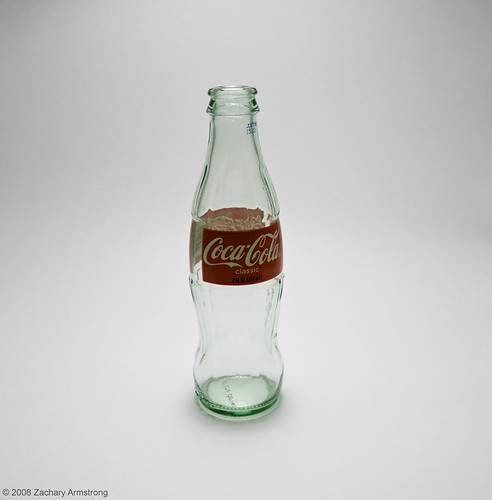 Last week, talking about trademark and trade dress protection of casual games, I mentioned that game developers could probably protect new elements of gameplay they create that are not functional, and that gamers recognize as coming from that developer. Those two requirements are partially based in trademark legal principles, and partially on settled case law.
Last week, talking about trademark and trade dress protection of casual games, I mentioned that game developers could probably protect new elements of gameplay they create that are not functional, and that gamers recognize as coming from that developer. Those two requirements are partially based in trademark legal principles, and partially on settled case law.
If the basic differences between patents, copyrights, and trademarks are that patents protect inventions and functional creations, copyrights protect creative expression, and trademarks protect the public by reducing consumer confusion about the source of products or services, then clearly a game studio cannot protect the back-end code that provides purely functional support of the game through trademark law.
Trade dress, usually considered the product packaging or the trappings of commercial sale, also can’t be a functional part of the product, under the idea that such functionality should be protected by patents, so that every company can have the advantage of the invention, without making it distinctively belong to one company. One of the dangers of having trade dress protect elements that might include some functional design is that competitors can challenge the validity of the protection by pointing out the useful aspect of the design.
Trade dress also has to acquire distinctiveness through “secondary meaning,” a concept that means the packaging or product design can never be inherently distinctive in the same way that a logo or tagline might be. Trademarks and trade dress acquire secondary meaning over time, as consumers become aware that the packaging is being used as a source identifier (or trademark), and begin to associate that aspect of the product design or packaging with the underlying company when purchasing that brand of good or service. Or, in hopefully clearer terms, a trademark acquires secondary meaning when the public learns to look for that trademark on a product produced by the company which owns that brand.
Functionality is also restricted by case law, specifically the Lotus v. Borland case, which stated that menu organization and shortcut keys are inherently functional and thus not protectable as trade dress. Lotus 1-2-3, however, was an early spreadsheet program, and tried to claim that the way they had organized their drop down menus and the shortcut keys they had created for ease of use with their software were elements of their trade dress, which Borland copied and infringed. The court disagreed, stating that menus are inherently functional, and that Lotus could not prevent others from adopting the same organizational structure by claiming that customers believed the organization method was a trademark of the Lotus 1-2-3 software.
So what does that mean for casual games? Not much, really. Menus are often stylized and creative, but the functionality is in the words used for the commands, and not the art used to denote the menus. Casual games often have interactive or animated menus, which share similarities across genres, but which may have creative and distinctive elements beyond the purely functional. However, the case was heard by the Supreme Court in 1996, and the issue has not been directly reexamined, leading many commentators to suggest that any menu layout or design is functional. While this is unclear, the point has not yet been addressed by a high court, so casual game studios may begin to use trade dress protection for more elements of their games.

Last sentence in the second to last paragraph is not complete?
Whoops. Thank you! I skipped around a bit on this one, so I forgot to proof-read as closely as usual.
Oh… and if this has not been sent to you buy a million people already… I thought this may be interesting?/amusing?/concerning? … given that you game, do law, and used to be public about your smexy thoughts:
http://www.boingboing.net/2010/10/07/law-journal-paper-on.html
Some of the comments are mildly amusing… the Futurama video is classic. Do these type of things, which may seem funny to people that do not study the law, make you roll your eyes?